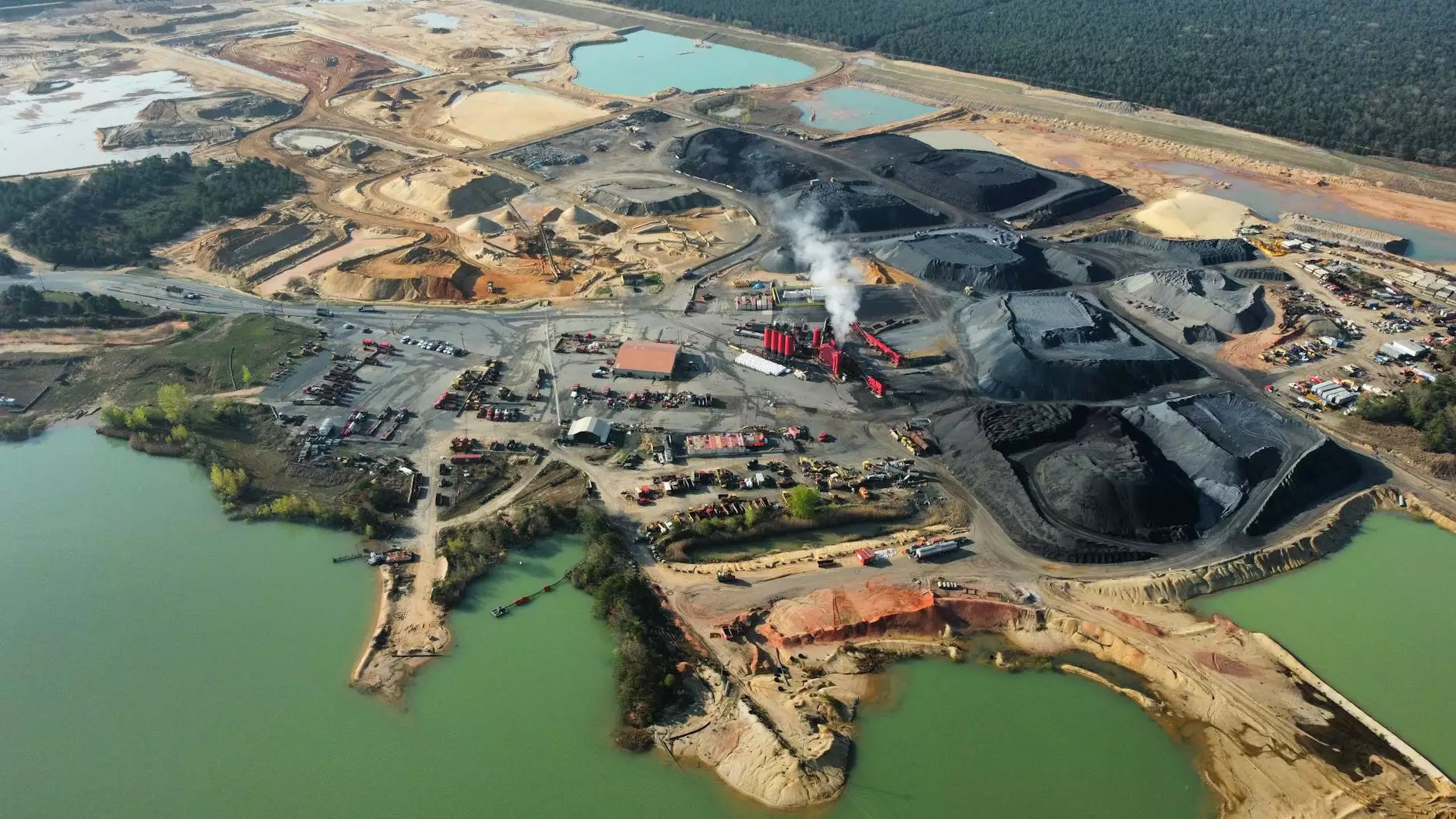Understanding Wisdom Tooth Extraction: Everything You Need to Know

Wisdom tooth extraction is a common dental procedure carried out to remove one or more of the third molars, commonly referred to as "wisdom teeth." Though often necessary, this extraction is frequently surrounded by myths and misconceptions. In this comprehensive guide, we will explore *what wisdom tooth extraction entails*, *why it may be necessary*, and *how to prepare* for the procedure, ensuring you have all the information needed for a smooth experience at Kensington Dental Studio.
What Are Wisdom Teeth?
Wisdom teeth are the last set of molars that usually emerge in late adolescence or early adulthood, typically between the ages of 17 and 25. Their naming is derived from the fact that they appear during a time when a person is considered more mature or wise.
While wisdom teeth can serve a purpose as part of our evolutionary history, providing additional chewing capacity for tough plant material, modern diets and oral care have rendered them largely obsolete. Many individuals do not have enough space in their mouths to accommodate these extra teeth, leading to various dental issues.
Why Wisdom Tooth Extraction Is Necessary
There are several reasons why wisdom tooth extraction may become necessary:
- Impaction: The most common reason for extraction is impaction, where the wisdom tooth does not emerge fully or is positioned incorrectly, leading to pain and infection.
- Crowding: Wisdom teeth may cause overcrowding, shifting other teeth from their correct position, which can compromise the alignment achieved through orthodontics.
- Decay: Due to their location at the back of the mouth, wisdom teeth are harder to clean, making them susceptible to cavities and gum disease.
- Infection: Partially erupted wisdom teeth can create an opening around the tooth, allowing bacteria to enter and potentially cause infections.
- Dental Cysts: In some cases, cysts can form around the impacted wisdom tooth, leading to damage to the surrounding teeth, jawbones, and nerves.
What to Expect During a Wisdom Tooth Extraction
Before the Procedure
Prior to the wisdom tooth extraction, your dentist will conduct a thorough examination of your teeth and gums, often employing X-rays to assess the position of your wisdom teeth. They will discuss your medical history and any medications you are currently taking to ensure a safe procedure.
The Extraction Process
On the day of the procedure, it is essential to have a trusted friend or family member accompany you, especially if sedation is used. The extraction process typically includes the following steps:
- Anesthesia: Local anesthesia is administered to numb the area, while sedation options are available to help you relax.
- Removal: The dentist will make an incision in the gum tissue to expose the tooth and bone. If necessary, bone may be removed to access the tooth. The tooth may be broken into smaller pieces for easier removal.
- Cleaning the Site: After the tooth is removed, the site is cleaned of any debris and the gums are stitched if required.
- Post-operative Instructions: Your dentist will provide instructions for post-operative care, including tips for managing pain and swelling.
Recovery After Wisdom Tooth Extraction
Immediate Aftercare
Following your wisdom tooth extraction, some pain and swelling are expected. Here are vital tips for managing your recovery:
- Rest: Take it easy for at least 24 hours.
- Ice Packs: Apply ice packs to the outside of your cheek to reduce swelling.
- Medications: Take over-the-counter pain relievers as directed and follow any additional prescriptions provided by your dentist.
Food and Drink Recommendations
During the first few days post-surgery, it is crucial to eat soft foods to avoid irritation of the extraction site. Opt for:
- Smoothies
- Applesauce
- Yogurt
- Mashed potatoes
- Soups (not too hot)
Avoid hot, spicy, or crunchy foods that may aggravate the surgical site.
Watch for Complications
While most patients heal without issues, it’s important to be aware of potential complications, such as:
- Dry Socket: A condition that occurs if the blood clot at the extraction site is dislodged, leading to increased pain and risk of infection.
- Infection: Watch for fever, excessive swelling, or pus discharge from the site.
If you experience severe pain or other unusual symptoms, contact Kensington Dental Studio immediately for guidance.
Long-Term Impact of Wisdom Tooth Extraction
Many patients find that their oral health substantially improves following wisdom tooth extraction. Benefits may include:
- Improved alignment of existing teeth
- Reduced risk of gum disease
- Less discomfort and pressure in the mouth
Conclusion
Wisdom tooth extraction is a critical dental procedure that, when necessary, can provide significant benefits to your oral health. Understanding the reasons behind the extraction, what to expect during the procedure, and the recovery process can greatly alleviate concerns and prepare you for a successful experience. If you have any questions about whether wisdom tooth extraction is right for you, reach out to us at Kensington Dental Studio, where our dedicated team is ready to assist you with personalized care.









